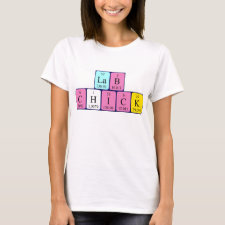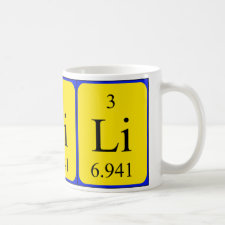
Authors: Huang Y, Wang R
Article Title: An efficient lithium ion imprinted adsorbent using multi-wall carbon nanotubes as support to recover lithium from water.
Publication date: 2018
Journal: Journal of Cleaner Production
Volume: 205
Page numbers: 201-209.
DOI: 10.1016/j.jclepro.2018.09.076
Alternative URL: http://www.sciencedirect.com/science/article/pii/S0959652618327914
Abstract: With the extensive applications of lithium ion batteries, the exploitation and recycle of lithium resources is essential for the manufacture of lithium ion batteries. This work reports that novel lithium ion imprinted polymers (LIPs) loaded on the surface of multi-wall carbon nanotubes (MWCNTs) were prepared by surface imprinting polymerization. The performance of the prepared LIPs was analyzed by UV-vis recording spectrophotometry, ICP-AES, FT-IR and SEM. The maximum adsorption capacity of the 15 mg LIPs was calculated to be 1362.56 μmol/g at a 300 mg/L Li+ solution. In the presence of Na+, K+, Cu2+ and Zn2+, the selectivity factors of the LIPs for Li+ were 3.66, 3.01, 2.05 and 2.10, respectively, suggesting that the LIPs had ideal selectivity for Li+. In addition, the experimental data can be described well by the pseudo-first-order and Langmuir adsorption isotherm models. The regeneration of the LIPs was performed by being eluted with 1 M nitric acid, and the adsorption capacity of the regenerated LIPs only decreased about 10.3% after ten cycle experiments. Therefore, the strategy described in this work is worth further exploring its application on the extraction and separation of lithium to realize the recovery utilization of lithium in water
Template and target information: lithium ion, Li(I)
Author keywords: adsorption, crown ether, Lithium, Multi-wall carbon nanotubes, selectivity, surface imprinting



Join the Society for Molecular Imprinting

New items RSS feed
Sign-up for e-mail updates:
Choose between receiving an occasional newsletter or more frequent e-mail alerts.
Click here to go to the sign-up page.
Is your name elemental or peptidic? Enter your name and find out by clicking either of the buttons below!
Other products you may like:
 MIPdatabase
MIPdatabase









